Funding to Africa’s Web3 and blockchain sector has declined over the past two years. In Nigeria, the continent’s most active market, the pullback stems from a mix of global shocks and local hurdles: the 2022 collapse of FTX, the Central Bank’s 2021 ban on crypto, and a wave of high-profile struggles, abrupt shutdowns, lack of exits, and troubled pivots at startups like Mara.
In response, global blockchain networks have stepped in to support early-stage founders through incubators and accelerators, go-to-market experience, and infrastructure access. These ecosystems have backed startups with $1 million in funding in the last two years, according to a Crypto Valley VC report, and are playing the long game to attract Web3 builders, capture users, lock in value, and drive transactions on their blockchain rails.
Below are 18 of them; most of these ecosystems actively fund early-stage startups.
Bitcoin
Bitcoin introduced many African developers to Web3 despite having less direct ecosystem impact than other blockchains. Its layer-2 solution, the Lightning Network, enabled faster, cheaper payments, allowing Nigerian developers to build real-time remittance and retail services. Bitcoin also seeded the idea of decentralised finance (DeFi), spurring startups to adopt and integrate it as its value grew.
Without central leadership, Bitcoin’s adoption is driven by grassroots groups like BitDevs Lagos, BitDevs Abuja, and the Calabar Bitcoin Club, which host meetups and study sessions. Independent “Bitcoiners” across the continent teach others about the asset while startups such as Botmecash and Trojan Mining push usage further, from retail payments to green-energy mining.
Ethereum Foundation
Ethereum, launched in 2015 by Vitalik Buterin, expanded on Bitcoin by adding a programmable layer that enabled developers to build decentralised applications (dApps) using smart contracts, which are self-executing codes that run on the network.
Ethereum serves as the foundation for many layer-2 blockchains, which handle faster, cheaper transactions while relying on Ethereum’s security. Its use of Solidity and Rust, two of the most popular blockchain programming languages, has also made it central to blockchain education.
The Ethereum Foundation funds research, development, and community growth worldwide through grants and hackathons.
Solana
Before June 2023, Solana had no presence in Nigeria. Today, the blockchain has a recognisable ecosystem thanks to community-driven growth. Superteam Nigeria is Solana’s most active developer community, with nearly 40 core team leads and more than 200 members across 30 Nigerian states.
Harrison Obiefule, Superteam Nigeria’s co-lead, describes the community as the “talent layer of crypto,” offering a platform for members to test their ideas, build products, and earn from Web3. “We are impacting the lives of Nigerians by giving them access to earn in US dollars,” said Obiefule.
Through InstaGrants, the Superteam community funds pre-seed projects with $10,000, with further $40,000 from the Solana Foundation. Some notable Nigerian Solana projects include Ribh Finance, which has processed $10 million in transactions; Cryptonia, a stablecoin off-ramp platform with over $6 million in volume; and Berxio Protocol, a Web3 loyalty platform which has issued over 300,000 reward points.
Base
Base, Coinbase’s layer-2 blockchain, has been expanding its presence in Africa through regional hubs in East, West, and Southern Africa. In July 2024, it held its first Onchain Summer Buildathon in Nigeria, attracting developers, creators, and marketers. Seven startups emerged as winners from the Buildathon, and “the Base team played a supportive role, providing resources to keep them going,” according to Damilare Aregbesola, West Africa lead for Base.
Creators are central to Base’s growth strategy. On Farcaster, a decentralised social platform, it rewarded creators who promoted Web3 products built on Base, fuelling visibility and adoption. This approach helped startups like Azza, a Web3 social commerce app, gain its first 100 users. So far, the startup has processed $400,000 in transactions.
Other startups that have received funding from Base include Hurupay, Paycrest, and Zerocard. Coinbase Ventures, the company’s venture arm, has also backed African blockchain firms, including South Africa’s VALR, DR Congo’s Jambo, Mara, and pan-African stablecoin app Yellow Card.
Binance
Binance, one of the world’s largest crypto companies, operates the Binance Smart Chain (BSC), a layer-1 blockchain network that powers a decentralised exchange (DEX) for crypto assets. It has become a major driver of blockchain adoption in Africa, where it is widely used in Kenya, Ghana, Uganda, Egypt, and South Africa for spot trading and peer-to-peer (P2P) transactions.
Beyond trading, Binance invests heavily in ecosystem growth. Through Binance Academy, it runs education programmes and sponsors hackathons, scholarships, and developer bootcamps. Its venture arm, Binance Labs, has also backed African Web3 startups, including Xend Finance, a Web3 finance startup linked to Asset Chain, and Gamic.
Lisk
Lisk, a layer-2 Ethereum-compatible blockchain, is positioning itself in Africa as a builder-first ecosystem that directly supports founders. Through incubator programmes with CV Labs and Aya HQ, Lisk has trained over 30 startups, with 12 graduates receiving up to $20,000 each in grants, selecting finalists based on traction, real-world utility, and founder strength, according to Chidubem Emelumadu, Lisk’s Africa Growth Lead.
Beyond finance, Lisk funds education and creative industry initiatives, while also investing in grassroots partnerships and developer bootcamps across Nigeria, Kenya, Ghana, and South Africa.
“We recognise the value of creating physical spaces and activities that bring people together to connect, collaborate and build,” said Emelumadu, noting that such hubs nurture impactful ideas.
Stellar
Stellar, a layer-1 payments-focused blockchain, has built a reputation in Nigeria for backing founders through the Stellar Community Fund (SCF), which offers grants up to $150,000 after technical reviews.
While initially seen as more builder-oriented, Stellar also creates roles for non-technical contributors, who can earn through bounties for outreach, content creation, and community engagement.
“Stellar supports its builders with capital and direct access to technical reviewers who are the backbone of these projects,” said Progress Eyaadah, a Stellar blockchain developer.
Notable African projects built on Stellar include Upesa, a Nigerian fintech simplifying payments, which has raised $60,000 from Stellar; Blend Protocol for lending and borrowing, SoroSwap, a decentralised exchange, and Reflector Oracle, which provides on-chain data feeds. Stellar funds projects by providing grants in its digital currency, Lumen ($XLM), for these startups to build new features and expand.
Polygon
Polygon Labs, the Mumbai-based company behind the Polygon layer-2 blockchain, is among the world’s largest VC-backed blockchain firms, following a $450 million Sequoia-led raise in 2022.
That same year, Polygon ran the only edition of its Africa-focused bootcamp, backing 31 startups, including Jamit, Fleep Finance, EcoCycle, Cryptomomo, Bacon.io, Mintbeat, BitEstate, Coinfundr, BitKopa, and several others, with a total $50,000 grant funding. Several of these startups have since shut down. Polygon Studios has also funded African projects like Metaverse Magna and Jambo, though its last major funding activity was in 2022.
Polygon continues to offer ecosystem funding through its community grants programme, where it plans to issue 1 billion $POL to startups building on its network.
Celo
Celo has built a strong presence in Africa through the Celo Africa DAO, which supports 16 early-stage teams in its incubator. Closely linked to the ecosystem is Mento Labs, a project focused on tokenising fiat currencies by launching stablecoins pegged to local currencies. The Celo Africa Web3 Fund, backed by Flori Ventures and EchoVC, has helped more than 50 startups raise funding, including Bitmama (blockchain payments startup) and Canza Finance (SME lending). cKash App, a non-custodial wallet for Celo-based stablecoins, is one of the notable projects in the blockchain ecosystem.
Sui
Sui is growing its presence in Africa through a community- and education-led approach. In July, the Sui Foundation launched SuiHub Lagos, its first African developer hub, offering workshops for developers to learn the Move programming language, participate in hackathons, and get mentorships. The hub’s activities now extend to Ghana and Kenya, with plans to build a pan-African presence.
In March, Mysten Labs, the creator of the Sui layer-1 blockchain, through co-founder and chief product officer Adeniyi Abiodun, partnered with Semicolon Africa to launch a $1.3 million fund to offer loans to developers learning Move, training more engineers to deploy solutions on the blockchain.
Sui Nigeria, led by regional leads, runs a Telegram community with over 2,000 members and hosts events yearly. Notable projects include TradePort, a non-fungible token (NFT) marketplace, and Nexa, a data analytics platform built on the network.
Starknet
In February, StarkWare, the Israeli Web3 unicorn behind Starknet, a layer-2 permissionless blockchain, launched a $4 million fund to back African Web3 startups building on the network. The company’s investment arm, headed by Kheireddine Kamal, will offer grants to early-stage African startups across West, East, and South Africa.
Relatively less known in Africa, even among developers, this move was a clear sign that Starknet wanted to expand its reach on the continent. So far, StarkWare has not publicly funded any African Web3 startup, but in May, Ejara, a Cameroonian fintech startup, partnered with Starknet Foundation to bring its financial services on the blockchain.
Avalanche
Avalanche drives ecosystem growth in Africa by powering DeFi apps, cross-border payments, and tokenisation projects. It partners with Web3 fintechs like Fonbnk to allow users to convert mobile airtime into USDC and other digital currencies, expanding access for the unbanked.
Avalanche Foundation backs developers through Codebase, its official incubator, and funds pitch competitions across Nigeria and Kenya.
Cardano
Cardano, a layer-1 blockchain ecosystem, is active in Nigeria, Kenya, Ethiopia and Mozambique. In 2018, it signed a memorandum of understanding (MOU) with Ethiopia to apply blockchain to the country’s agritech industry; however, that deal didn’t follow through. Again, in 2021, Cardano was Ethiopia’s preferred blockchain choice for verifying digital identities of five million students.
Its investment arm, EMURGO Africa, funds local founders, while developer hubs and accelerators in markets like Nigeria have trained over 200 developers and supported early-stage startups.
Adaverse, a Cardano-focused accelerator and venture studio launched in 2021 by EMURGO Africa and Everest Ventures Group, is also driving the blockchain’s push. The studio has funded nearly 40 startups, including Ghana’s Mazzuma; Cameroon’s Ejara; and Nigerian ventures such as HouseAfrica (now Sytemap), Boundlesspay, Diagon, Cassava, and UmrahCash.
Arbitrum
Arbitrum, a layer-2 blockchain ecosystem, has sponsored workshops, ideathons, and hackathons across Africa, training hundreds of developers and linking startups to funding.
The Arbitrum HackerBoost programme has upskilled more than 450 African builders, and has produced seven new products; two are now ready for live launch. Burstek DAO runs Arbitrum’s grant programme in Africa, funding projects that address Web3 payments, finance, and everyday services. Through the Arbitrum Foundation, it awards $20,000 to $150,000 in grants.
Sei
Sei supports Africa’s blockchain growth with fast, low-fee DeFi infrastructure and grants for local teams. In 2024, Sei introduced a version 2 upgrade, making the layer-1 chain compatible with Ethereum. This made it easier for African developers to build payments, trading, and NFT apps on the network.
Sei Africa runs community programmes and workshops in several African countries, onboarding new builders and offering blockchain-based learning rewards. In partnership with Gitcoin, Sei has awarded over $1.3 million in grants to more than 500 global projects in 2024, with African teams among the recipients.
Algorand
Algorand supports Africa’s blockchain growth with fast payments, low fees, and direct support for founders. The Algorand Foundation runs training and hackathon events in Nigeria and other countries, offering grants of up to $95,000 and mentorship for hackathon winners.
Its partnership with Paycode enables secure, offline payments for over six million users in Ghana, Mozambique, Zambia, and the Democratic Republic of Congo, moving $250 million in aid and social payouts.
Polkadot
Polkadot is building Africa’s blockchain base through developer training, funding, and hands-on support for local projects. Its open-source multichain protocol allows startups to create scalable, interoperable apps for payments, DeFi, and NFTs.
Through Polkadot Africa, it runs regular bootcamps and campus tours in Nigeria, Kenya, and South Africa, helping Web2 engineers understand blockchain technology on Polkadot.
Notable projects include 1TRIBE, a platform promoting African art, music, and NFTs, with commerce powered by DOT. The startup’s Web3 marketplace, WURA, links African creators directly to global buyers and collectors.
Celestial
Celestial is bringing modular blockchain tools to Africa, allowing developers to launch custom blockchains without heavy infrastructure. Its ecosystem supports apps in payments, supply chain, and creative industries.
While Celestial’s ecosystem presence in Nigeria is still early, its focus is on developer access and practical blockchain use cases. Its low-fee, flexible tools position the blockchain to power more African-built decentralised applications (dApps) in the coming years.
Mark your calendars! Moonshot by TechCabal is back in Lagos on October 15–16! Join Africa’s top founders, creatives & tech leaders for 2 days of keynotes, mixers & future-forward ideas. Early bird tickets now 20% off—don’t snooze! moonshot.techcabal.com
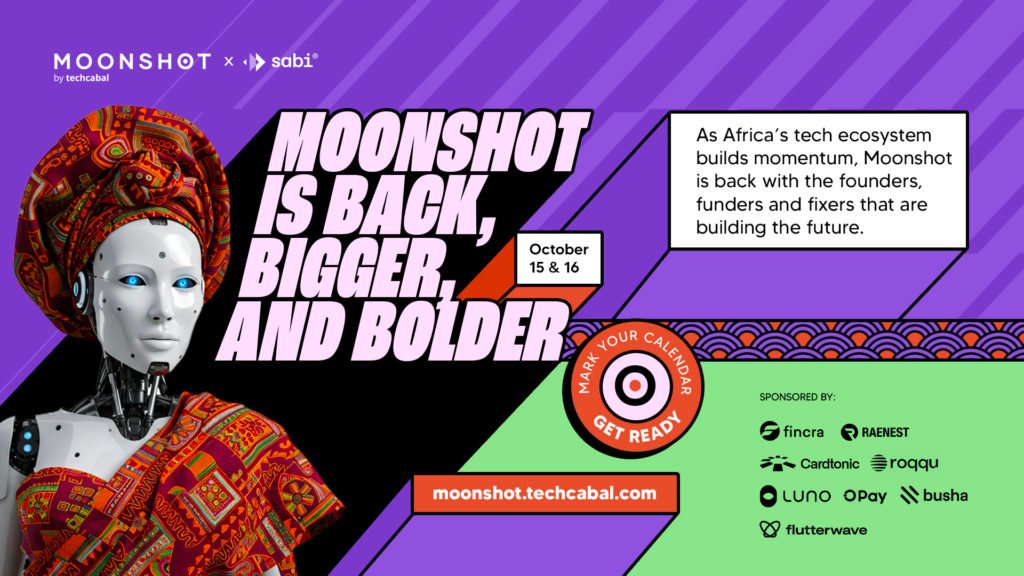



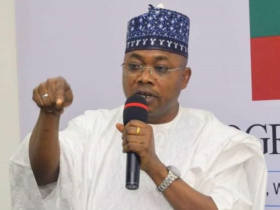
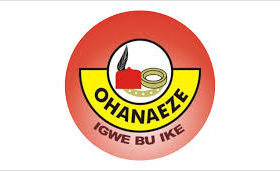
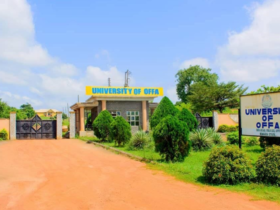
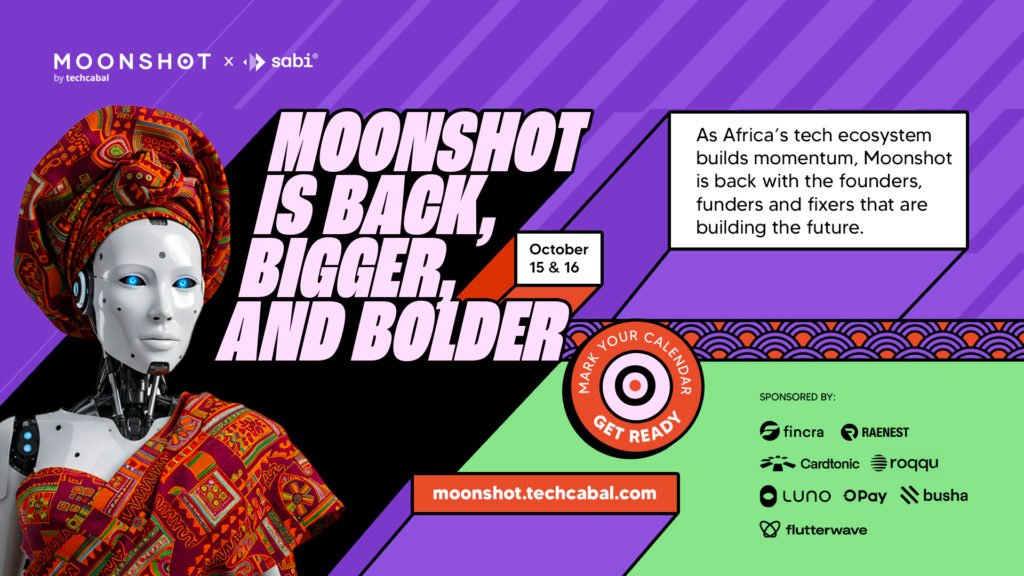

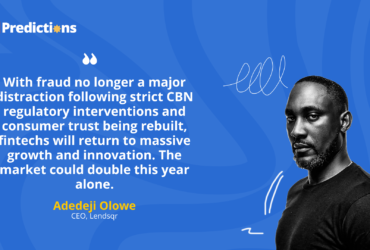
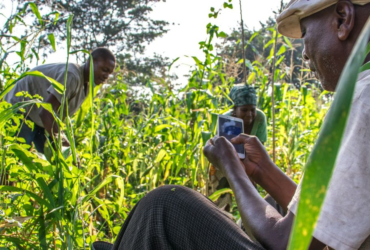
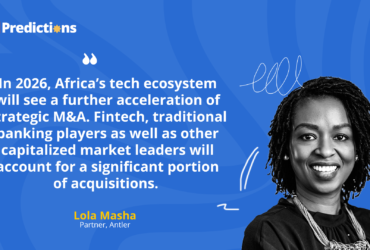
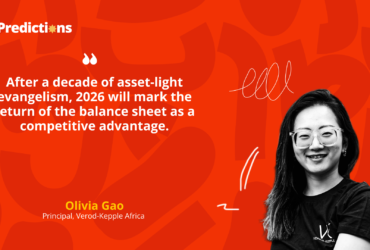
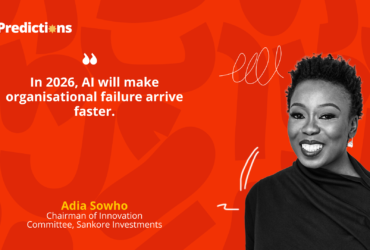
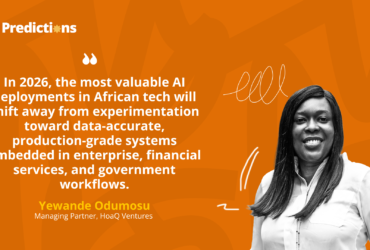
Leave a Reply